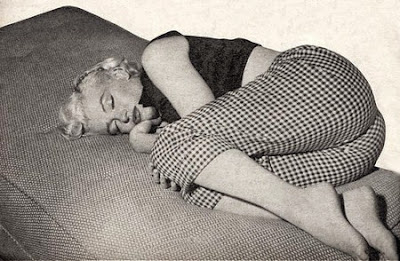This is something that for me, has only really become a problem
in the last year. It hasn’t been a struggle I have dealt with since my symptoms
began, like a lot of other chronic health suffers have, and I am grateful for
that at least. I am more tired now than ever, but of course I am, because I now
have a demanding job, work hard, have a bustling social life, a relationship
and the responsibilities that come with being an adult. Add the chronic health
issues into this and it is an exhausting bundle of things.
Living with chronic pain and dealing with an abundance of
symptoms every day is incredible, and people who do it, no matter what the parameters
of their doing it are, should be rewarded endless praise and support. Not that
they need it though, spoonies know they have to live their life, we don’t ask
for a medal on a daily basis, we just get on with it.
*Just in case anyone reading is this unaware (like I was
until about a year ago) spoonie is a term used to describe people with chronic
illness. The idea behind it being that we have a certain number of spoons each
day, and these get taken up by various activities until they run out. Once they
do run out, essentially the person has little left in the way of energy and
tolerance.*
So this is, for me, and I would be interested to hear what
others find, the list of things that use the most spoons.
- Showering
-
Fitting in exercise
-
Commuting home from work
-
Cooking dinner
-
Going out after work
-
Chores (especially hovering, washing and
changing bed sheets)
-
Engaging in long conversations, particularly
those at work
-
Drying hair
-
Reading (weird, but it exhausts me!)
-
Getting ready for a day/night (hair, clothes,
make up etc)
-
Shopping (food or clothes)
My list is getting longer and sometimes I sub things in and
out. Showering seems to take up so much energy and the thought of it just makes
me want to bury myself in my duvet. I know it is a very popular one among those
who are trying to preserve spoons, and to the outside world probably sounds
bizarre.
What uses up most of your spoons?



